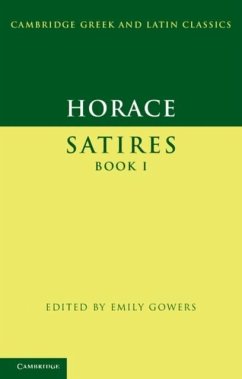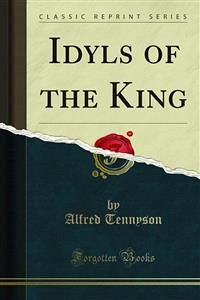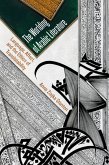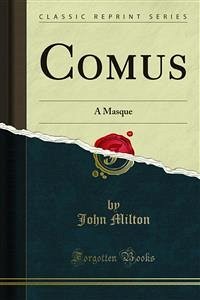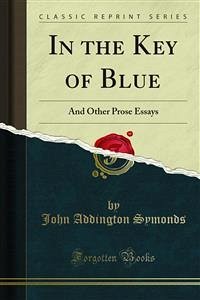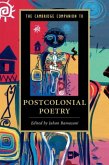Horace's first book of Satires is his debut work, a document of one man's self-fashioning on the cusp between republic and empire, and a pivotal text in the history of Roman satire. It wrestles with the problem of how to define and assimilate satire and justifies the poet's own position in a suspicious society. The commentary gives full weight to the dense texture of these poems while helping readers interpret their most cryptic aspects and appreciate their technical finesse. The introduction puts Horace in context as late-Republican newcomer and a vital figure in the development of satire, and discusses the structure and meaning of Satires I, literary and philosophical influences, style, metre, transmission and Horace's rich afterlife. Each poem is followed by an essay offering overall interpretation. This work is designed for upper-level students and scholars of classics but contains much of interest to specialists in later European literature.
Dieser Download kann aus rechtlichen Gründen nur mit Rechnungsadresse in A, B, BG, CY, CZ, D, DK, EW, E, FIN, F, GR, HR, H, IRL, I, LT, L, LR, M, NL, PL, P, R, S, SLO, SK ausgeliefert werden.

